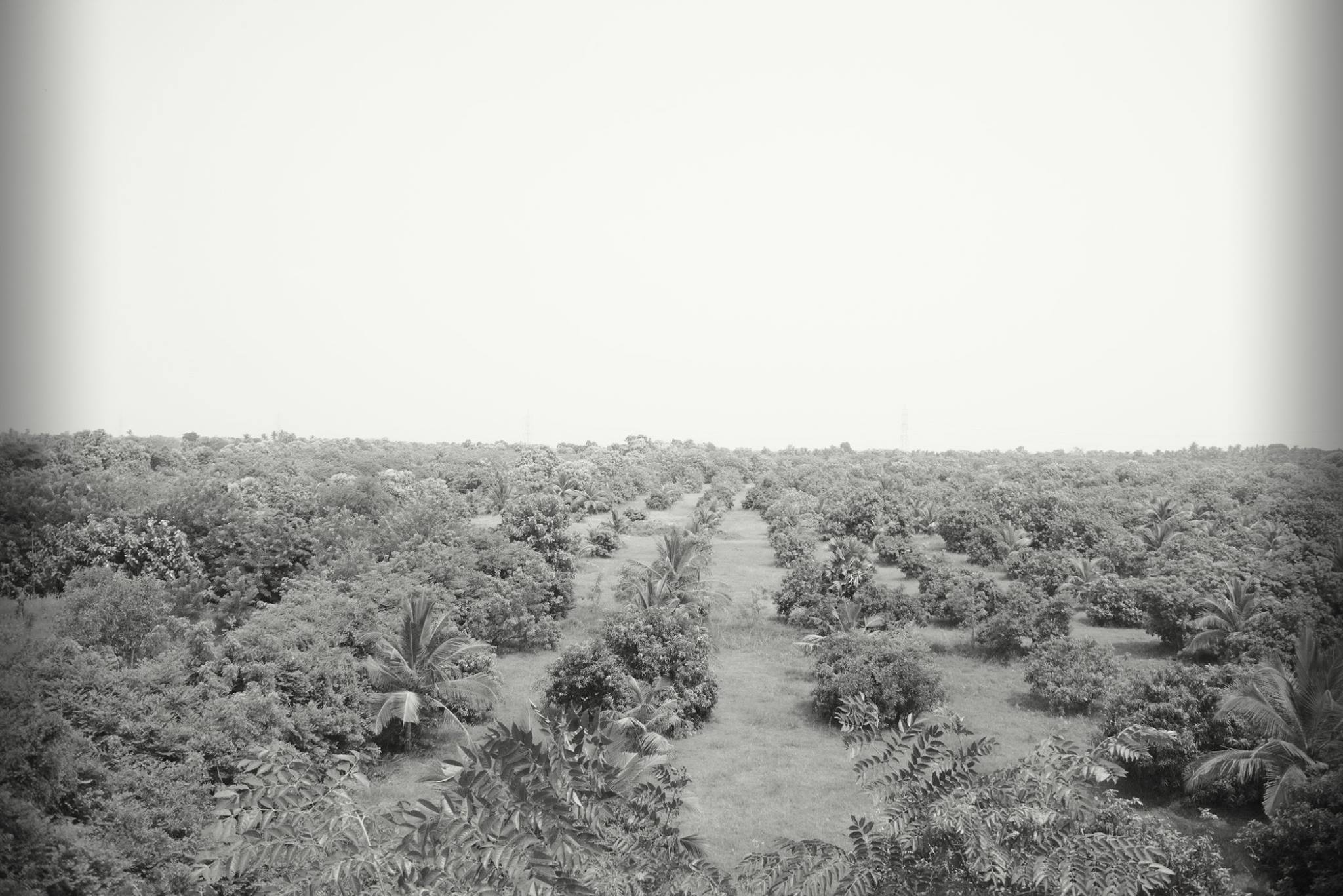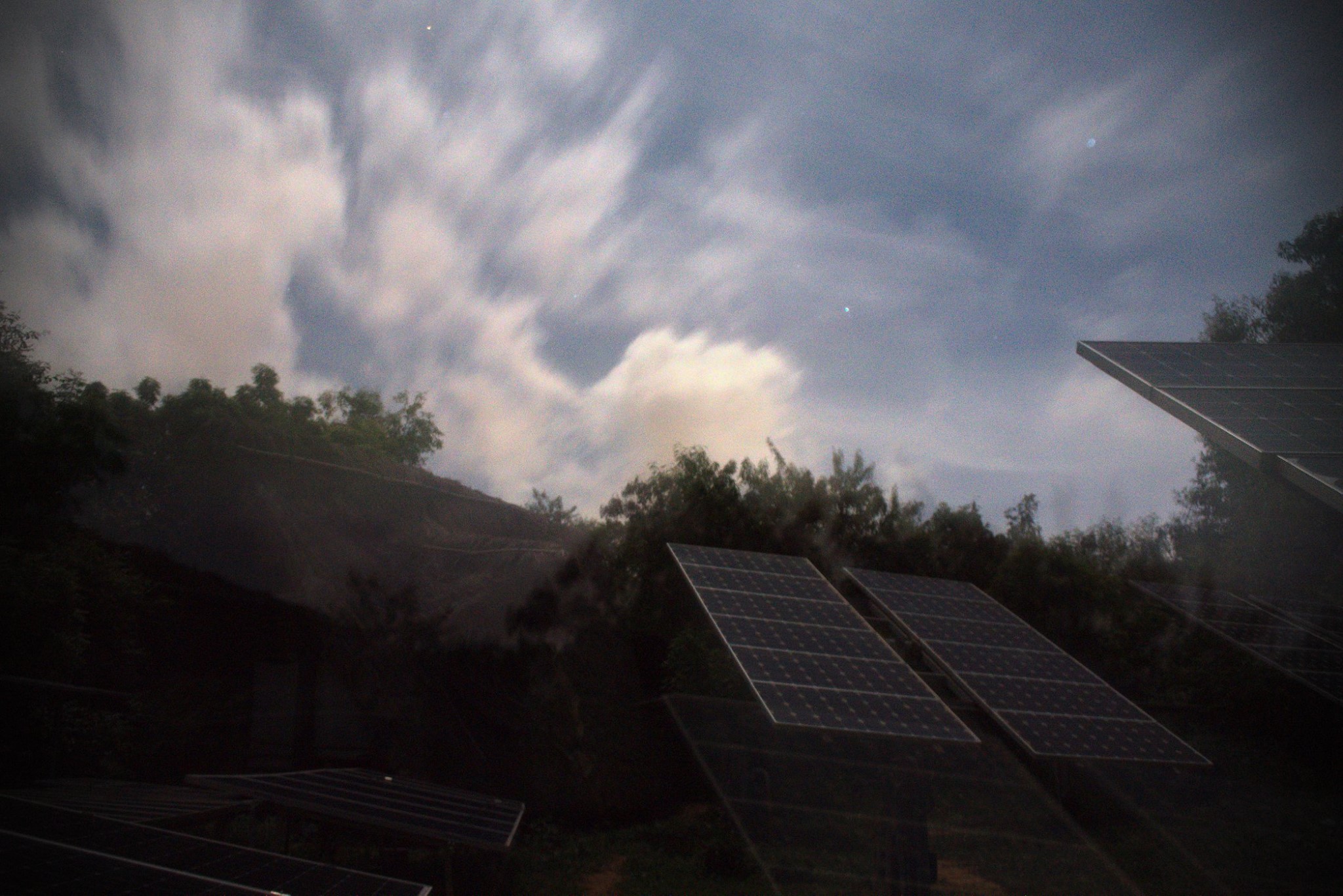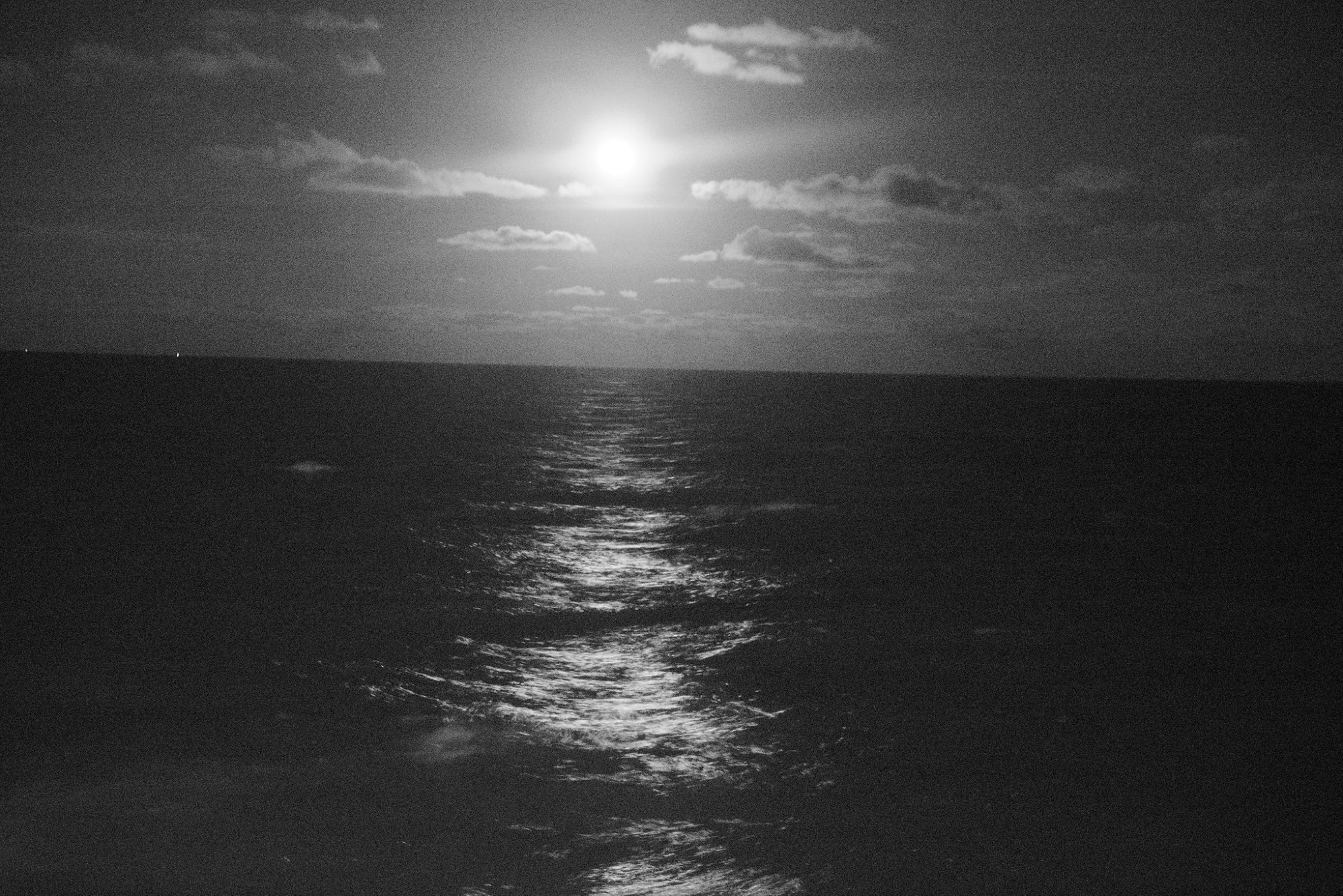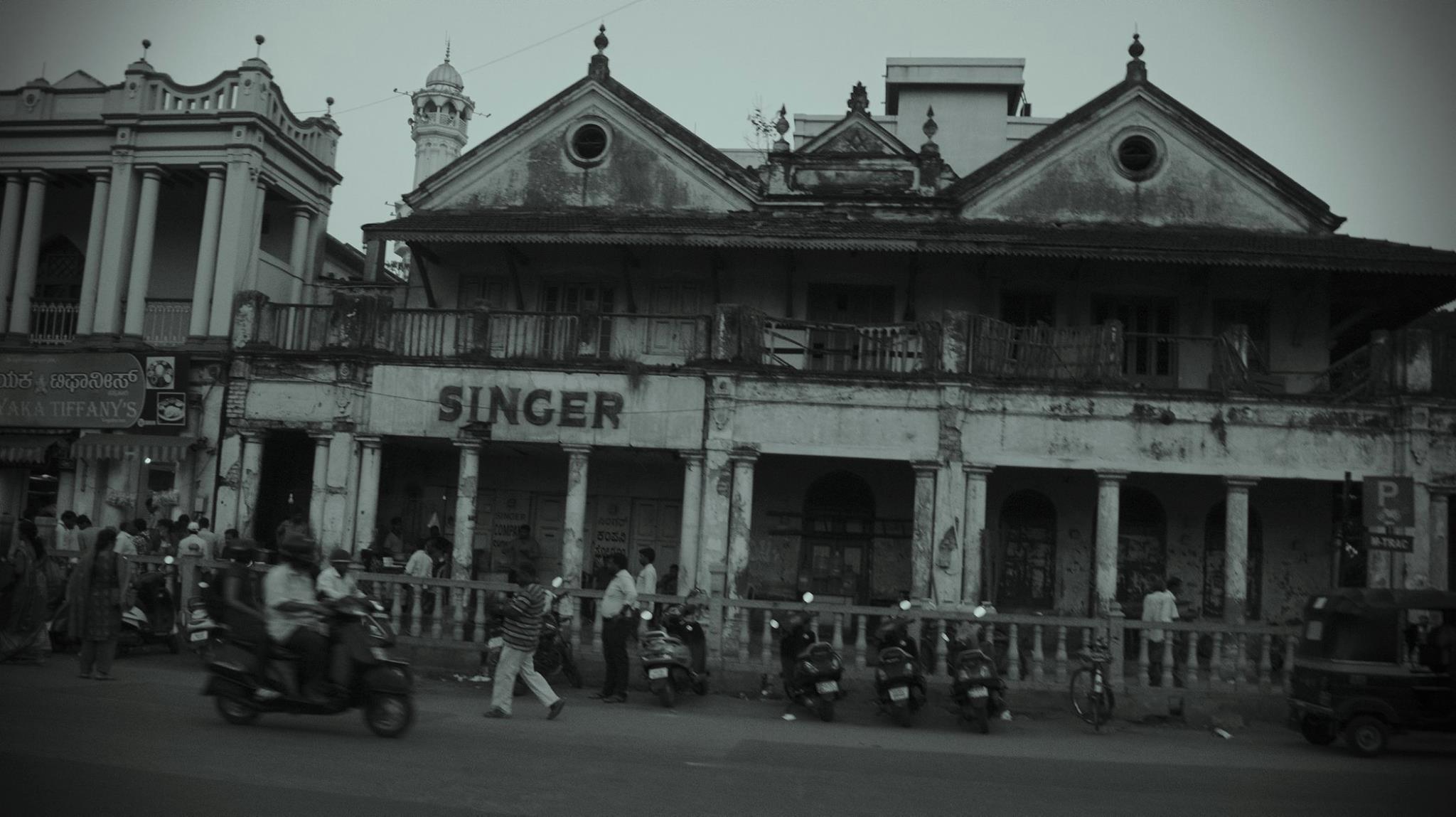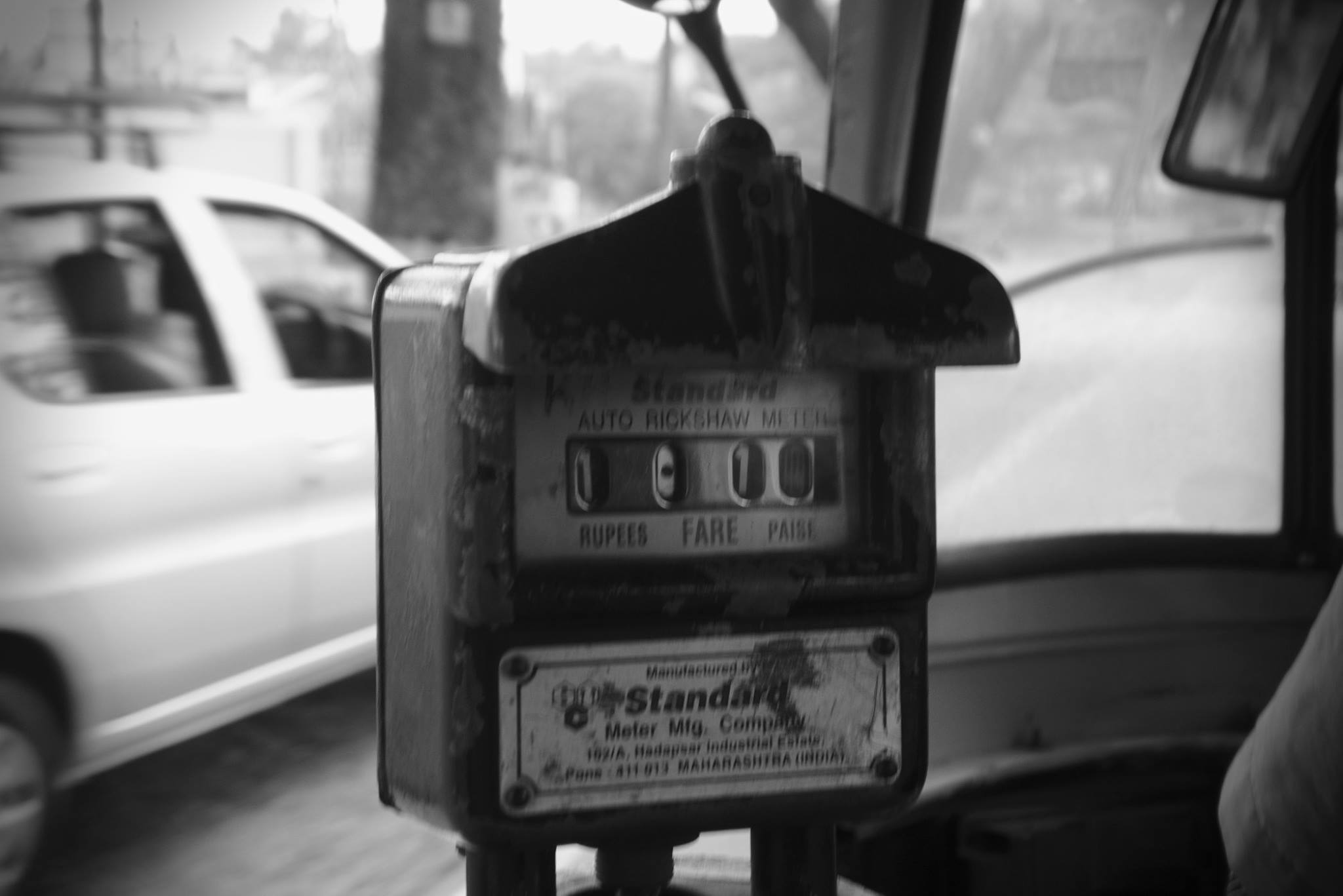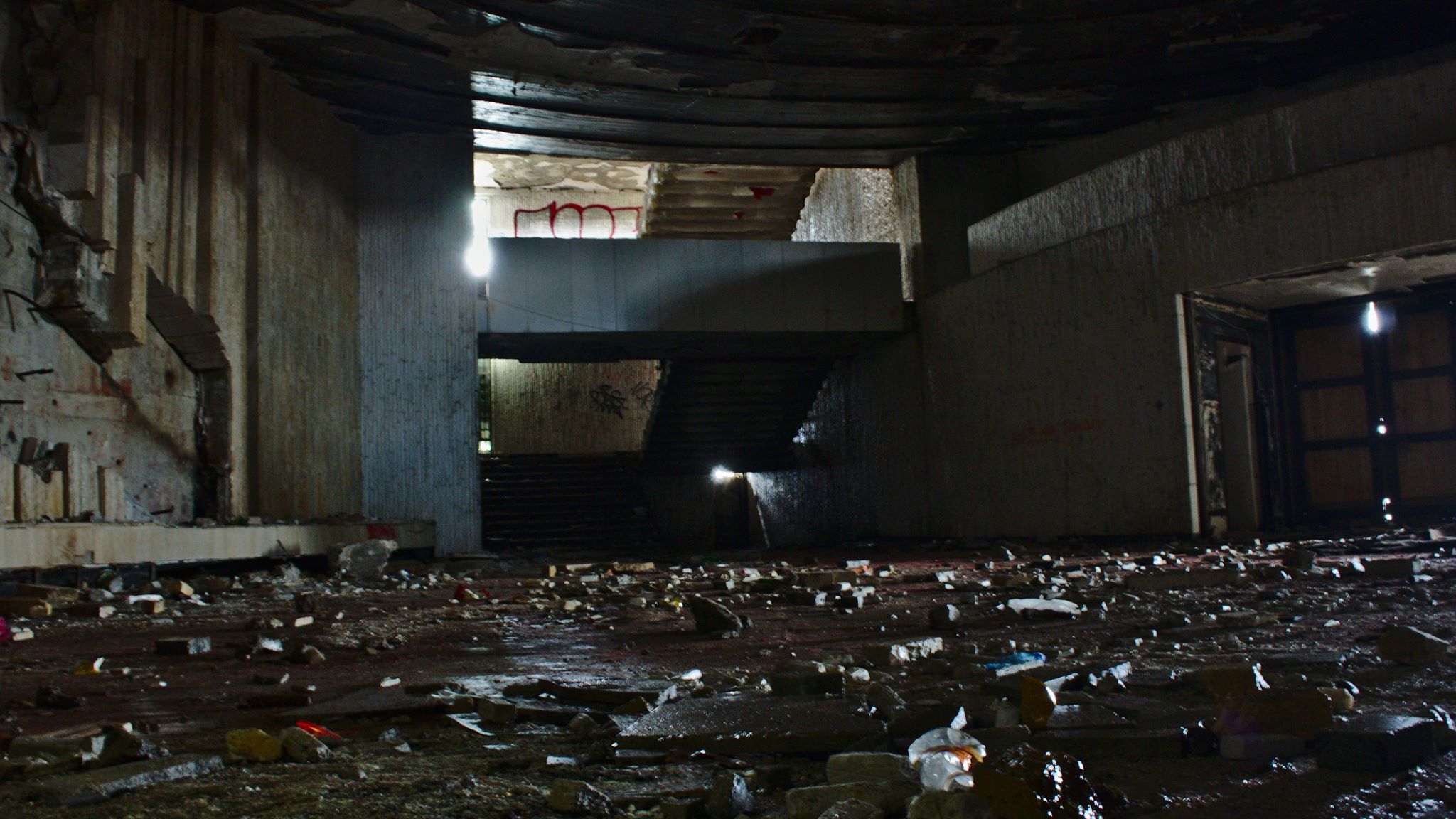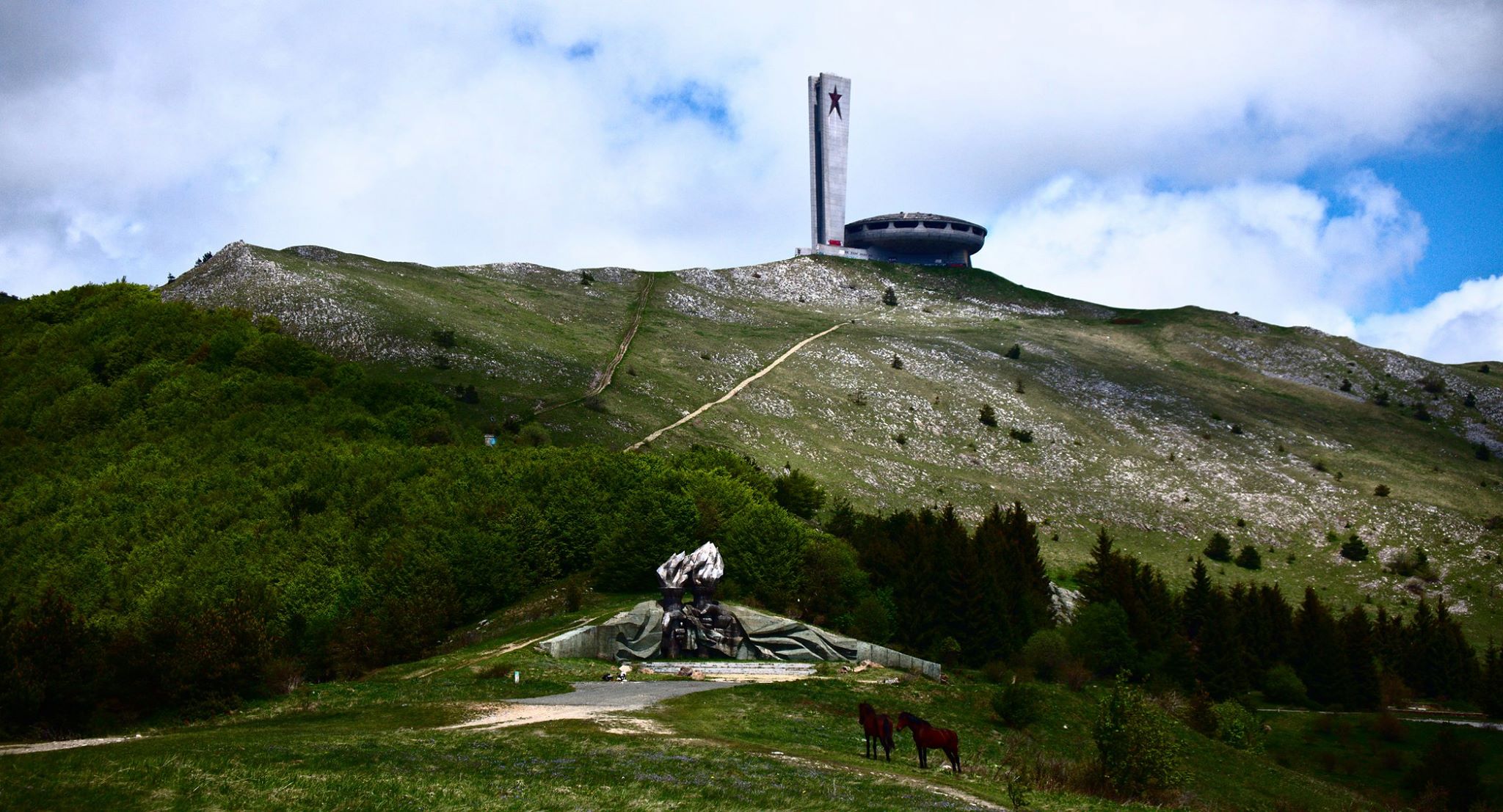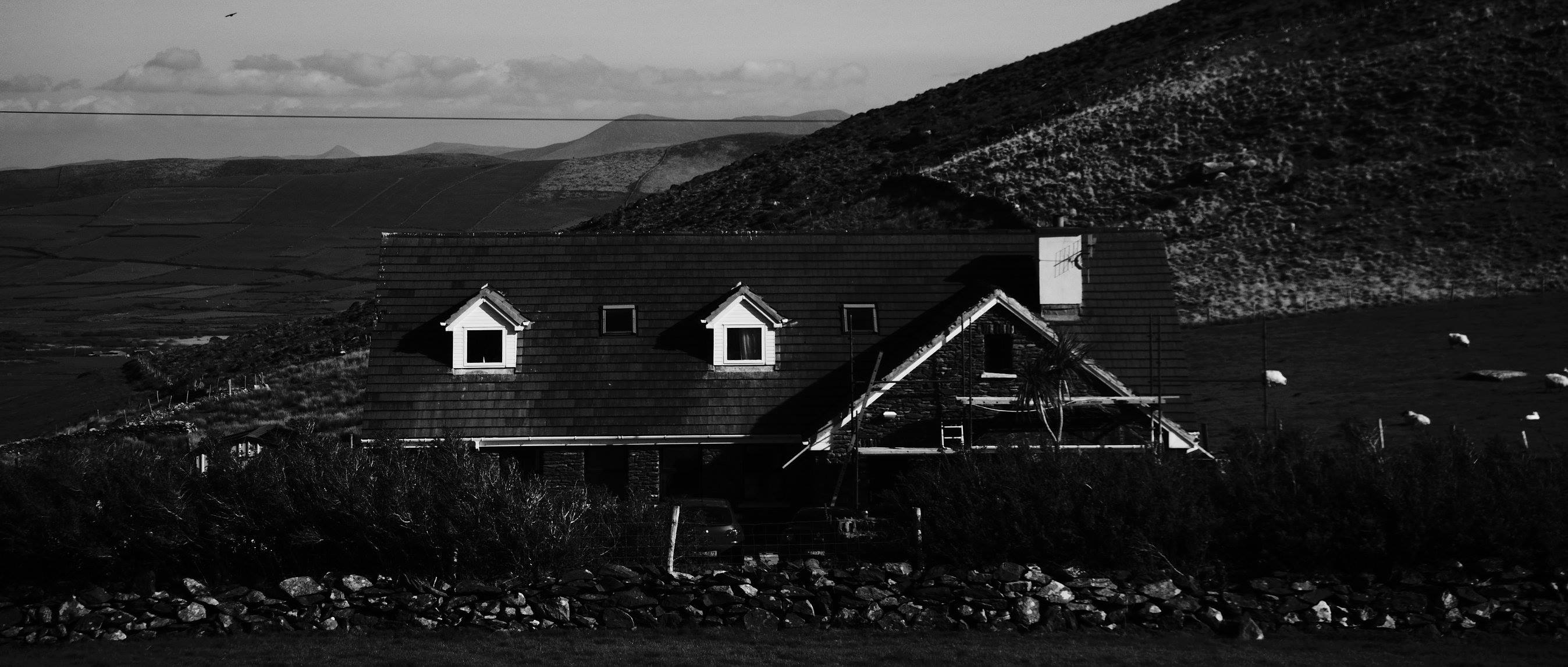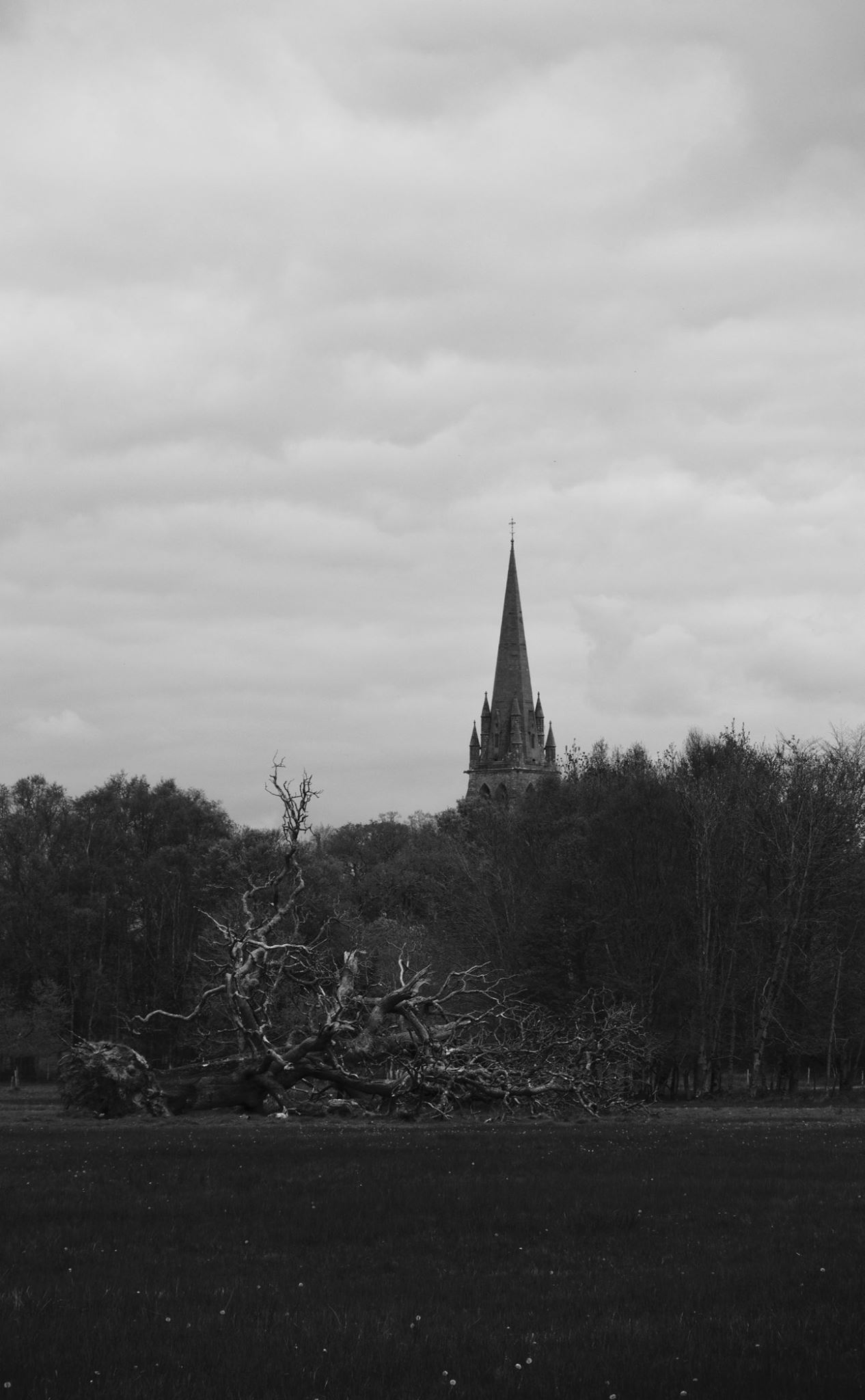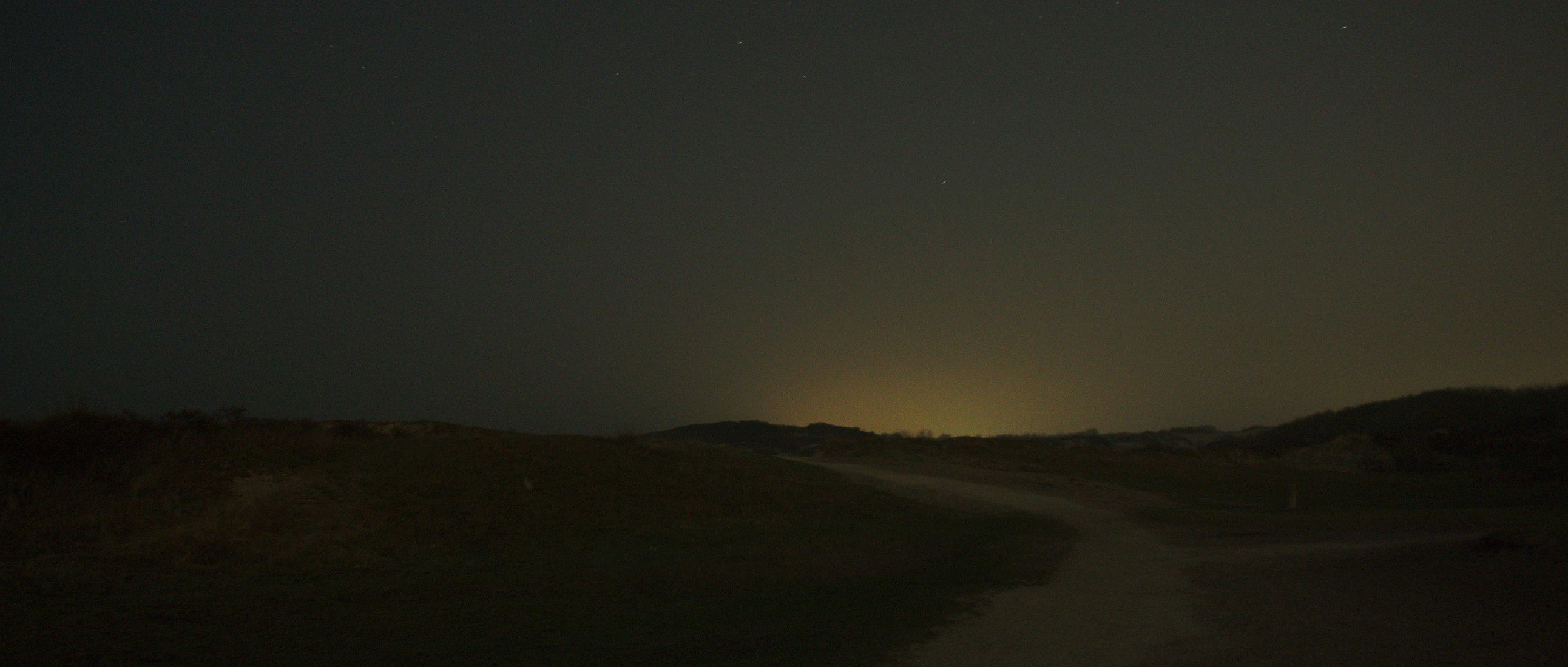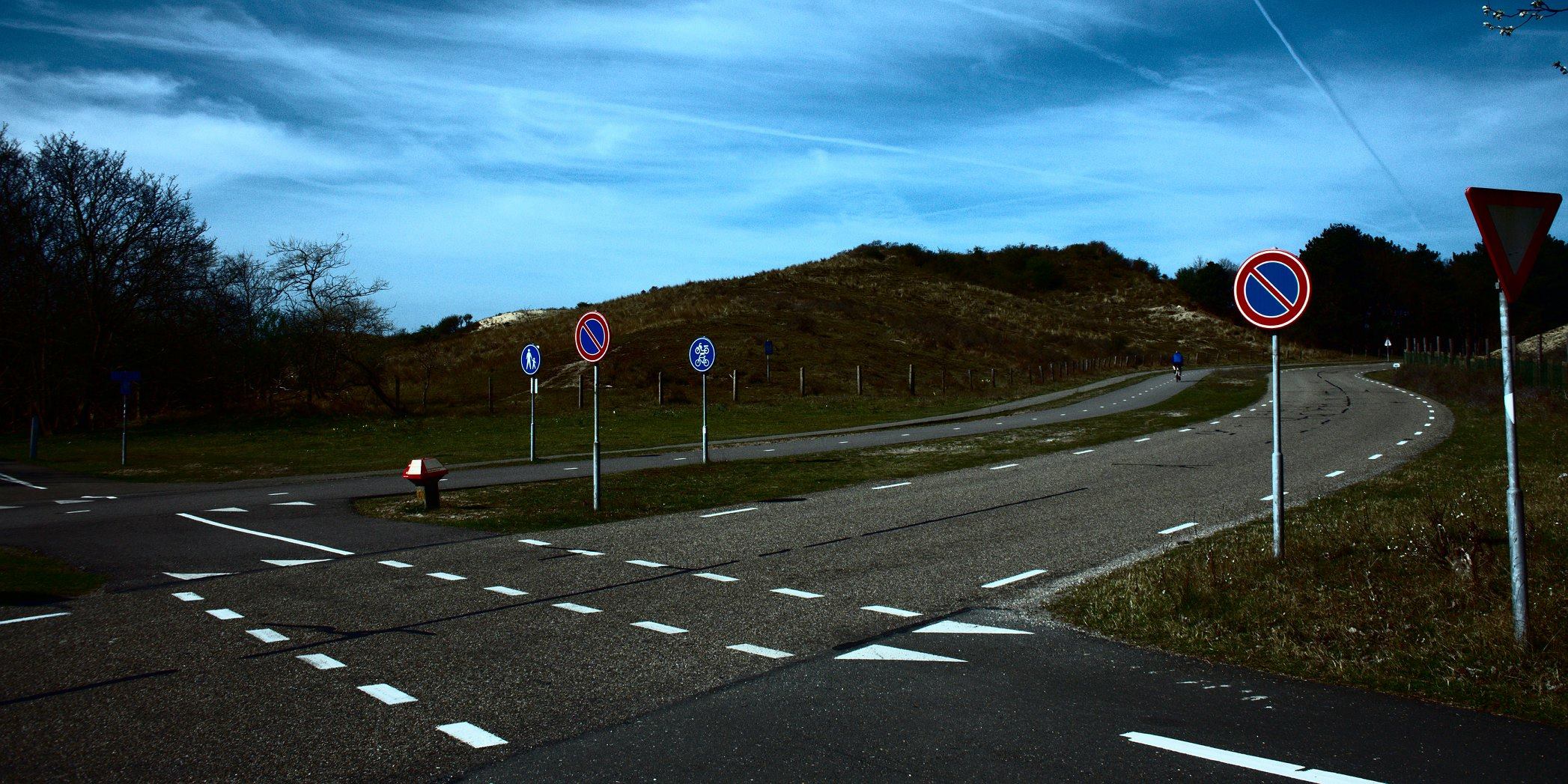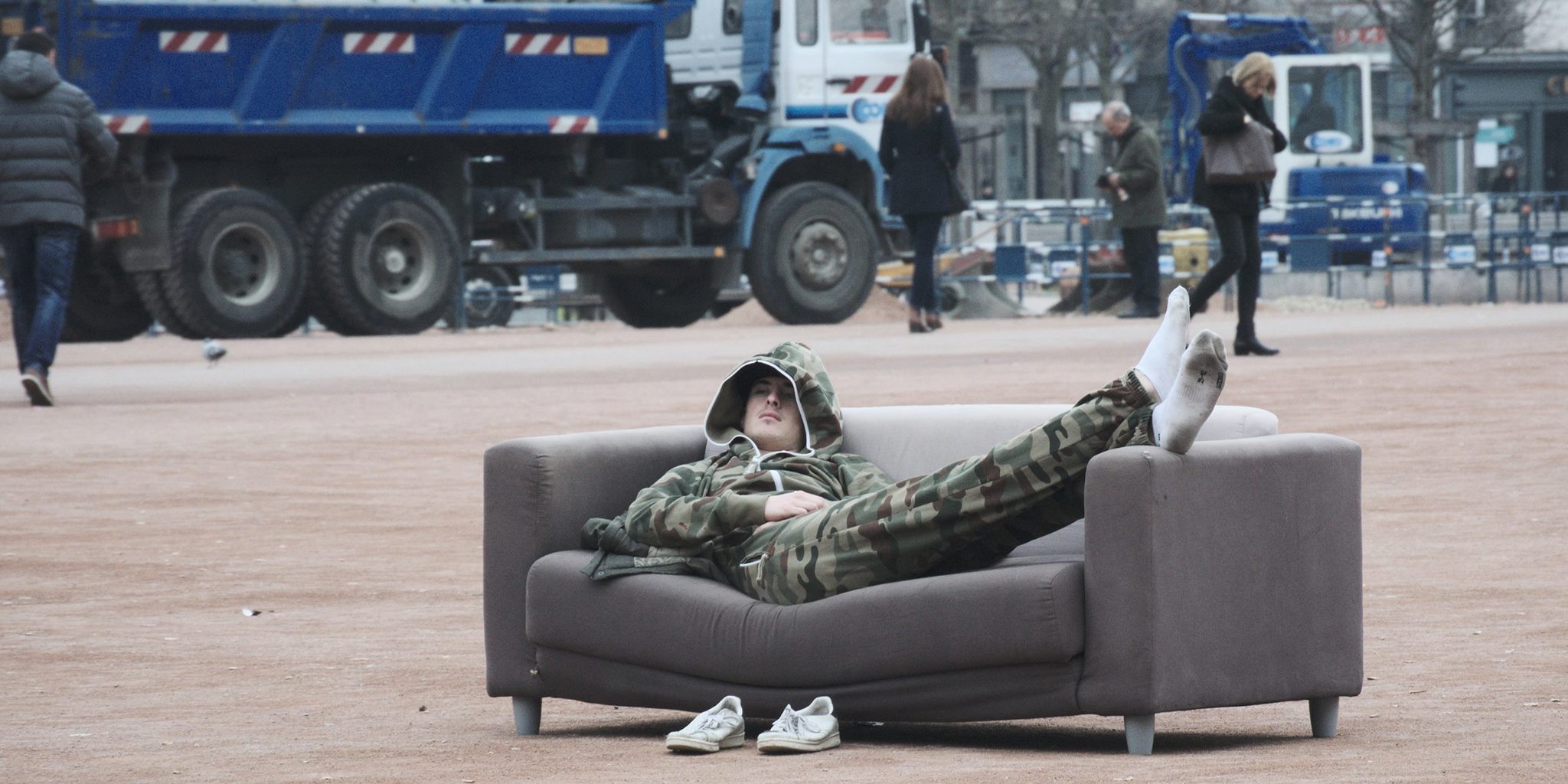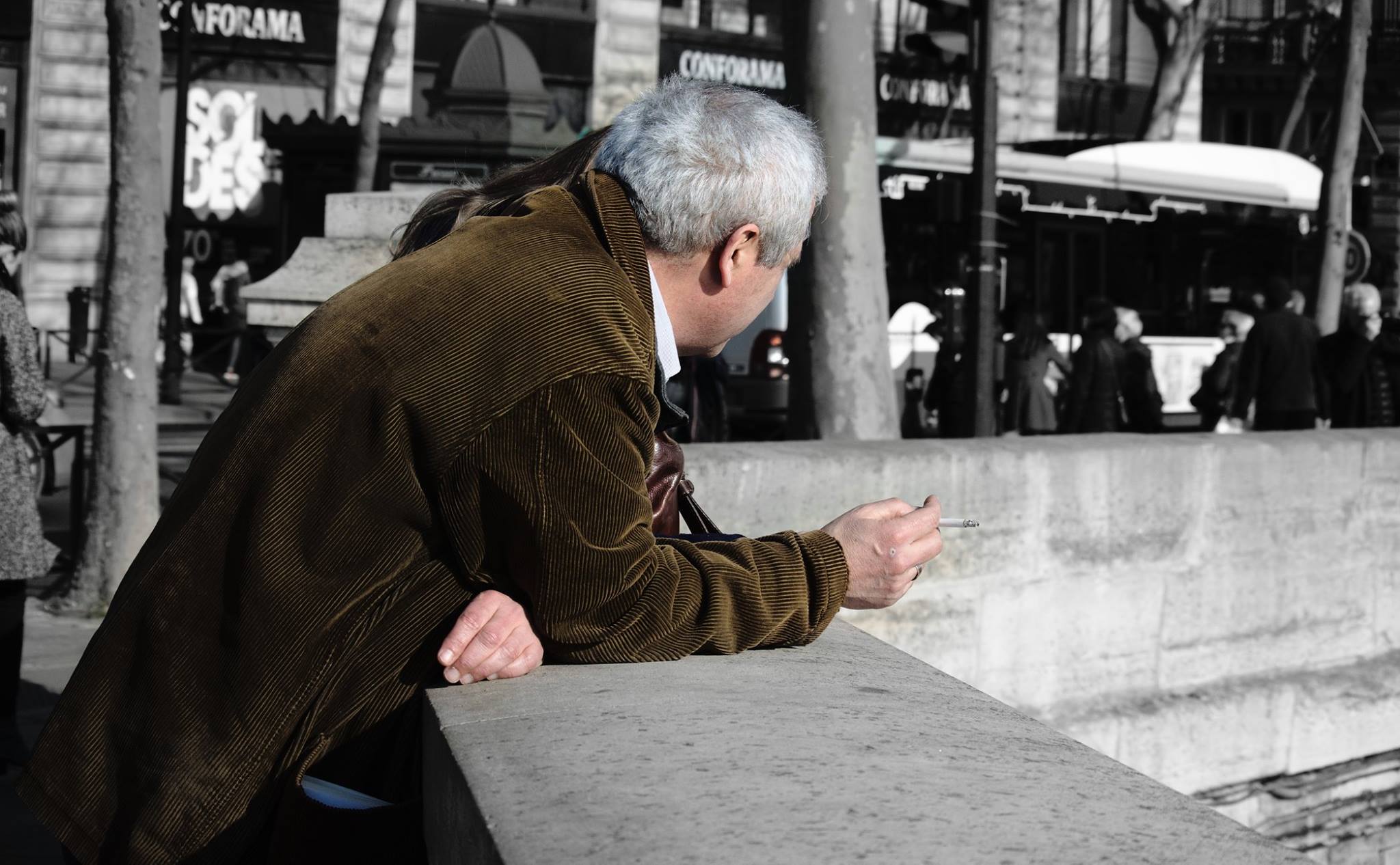Different things mean different things to people. Perhaps that's the biggest problem with computation — it attempts to graft value onto everything — not just value, but universal value. A solution: computation with multiverses — I suppose that's what quantum computing is. The idea exists in the same sort of the vein that the solution to the addiction is an opiate that is immune to tolerance.
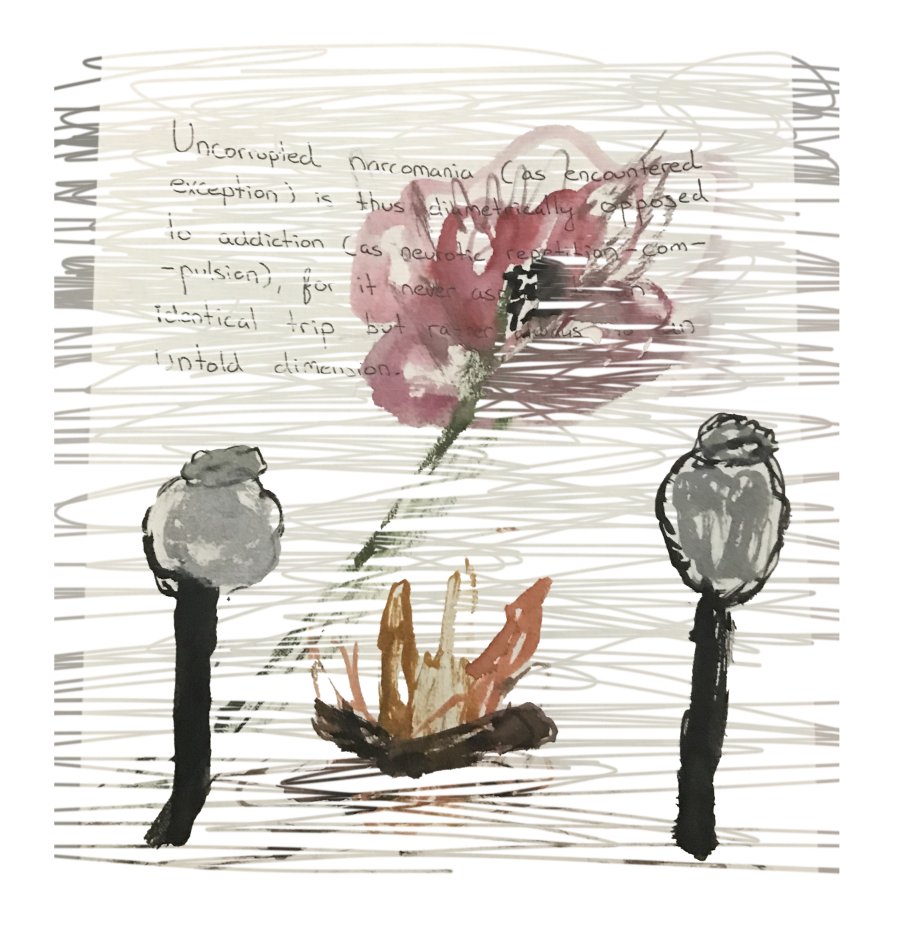
— The thought of poetry as a machine bounded to form — a set of rules to follow: sonnets, sestinas, ghazals, alexandrines. Computational methods. Quantum poetry. I could ask the machine to do it.
In myriad starts, the threads and needles wait,
Metaphors ready, their use undebate.
Etymology's game, now old, takes flight,
Words force their meanings into the bright light.
Intent's birth, change, in thought interlace,
Detours reroute the thread's entire grace.
Each sentence, a punch clock's echoing sound,
Words morph, as if by Xanman they're bound.
Autofiction's use, a diaristic mode,
In essays' realm, where thoughts freely flowed.
Use - tonight's choice, though darker paths it treads,
Like heroin's grip, where light fearfully weds.
Fiction's urge arises, questioning use,
Fiction's condition, imagination's fuse.
Autofiction's inevitability,
In a world where dreams meet reality.
— "Was that real?" one asks, doubting the scene.
— "No, it's conceit," where truth and fiction lean.
Dream-state living, where illusions abound,
Mysticism's whisper, in memories found.
Malibu's echoes, a cover transformed,
From repetitive dreams to reality mourned.
Mystery fades, replaced by present's hold,
Dream-world's wonder, now in memory's fold.
Though envy's absent, lost wonder we chase,
In this realm of illusion, we find our place.
Around each corner, conspiracies weave, in shadows they harbor, in silence, they grieve.
With grapefruit juice, I chase the pills, harder to believe, in quiet, it thrills.
Hot Smyrna nights, where opium dreams deceive, longing for an escape, in myths we weave.
Why is it so, this need to leave, in crafted lies, we find reprieve?
In art's embrace, where truths cleave, writing, painting—imprecise sciences believe.
Mathematical beauty, in function, we achieve, in definitions, not etymology, we weave.
Two more pills, to night's end we heave, French Montana whispers, in lean, we grieve.
The world shrinks and expands, in cycles, we perceive, in Nolanberollin's words, our losses weave.
Adobe bricks, in conceits, we believe, etymology unfolds, in words, we grieve.
From thought to vanity, our minds deceive, in conceits, our illusions, we weave.
Once high, now fallen, in whispers, we grieve, everything lowkey, in silence, we leave.
Things end as they begin, in this cycle, we weave, in universal cradle death, our losses achieve.
In days gone by, philosophy's embrace
Sought solace not in crowded institutions,
But in the private exchange of heartfelt letters,
Crafting a language uniquely its own,
A shelter from the storm, not quite a home,
Yet rich with the lifeblood of earnest thought.
Today, we find our thoughts confined by blood
Ties to academia, where philosophy
Is housed, far from the notion of a home
Built outside the walls of institutions.
We've penned ourselves in a language
That honors only scholarly letters.
Yet, among us, whispers of ancient letters
Echo, carrying in their veins the blood
Of rebels, speaking in a language
That dares to question what philosophy
Has become within these institutions,
Far removed from the concept of home.
These echoes stir restless souls to roam,
To seek beyond the sanctified letters,
The confines of established institutions,
And to rediscover the essence, the blood
Of a philosophy that once roamed free,
Spoken in a universal language.
But can we ever escape the language
That defines us, that we call home?
Can new philosophies, in fresh blood,
Revive the ancient power of letters,
Break free from the grip of institutions,
And find a new ground, a new home?
Or are we forever linked by blood
To the language of our institutions,
Bound to a philosophy of letters,
Searching for a home in written words,
A home in the heart of philosophy,
Rooted in the language of our blood?
Here, in the envoi of our lives, letters
Mix with blood in the search for a home,
A philosophy unbound by language or institutions.
Upon these pages, words I lay, a quest
Towards "LEAK THEORY," musing on its aim,
A self-devouring script, its truth confessed,
Revealing myths in whispers, not in fame.
A jungle's tale of beasts once held so dear,
Transforms to lore, a secret's heavy weight.
The digital once cloaked us, held us near,
Now reality's the realm we navigate.
From web to world, our secrets find their stage,
In streets where myths are woven, breath by breath.
Away from prying eyes, a new age
Emerges, where the lore commands its depth.
Thus penned, these words in solitude do weave,
A testament to what we still believe.
Do words still matter in this vast expanse,
Or are they mere delusions, faint and slight?
Can art and literature still entrance,
Unlocking realms unseen by mortal sight?
The dance of man with machine, a fraught ballet,
Extensions of our selves in endless play.
A fortress in the mind, so stark and gray,
A prison of our thoughts, both night and day.
Yet in this cage, a serenity found,
A knowledge that our bounds are self-imposed.
In imagined walls, a hope is crowned,
The real and the unreal, juxtaposed.
For in our confines, liberation's seed,
A point of escape, if we but heed.
An ordered pair, the grid beneath our feet,
A map that's not the territory's heart.
Within the lines, our longing thoughts compete,
For realms beyond the charted parts do start.
The novels of our past, with depth so wide,
Contained a world within a single glance.
Yet in this boundless space, I still abide,
For more, for depth, for just one more advance.
The I's within me tangled, lost, and thrown,
A world where she becomes the I, a twist.
This map, this self, into itself has grown,
A landscape that our dreams alone have kissed.
From reference to leap, a boundless jump,
In each, a world, a story, a new clump.
In search of exits in this labyrinth,
My mind against the barriers does strain.
The edges of my world, at length, at width,
Seem marked by borders I cannot disdain.
Yet still the hope of other realms does tease,
A promise that beyond the walls, there's more.
A break, a glitch within the coded lease,
A door to worlds we've never seen before.
But in this quest, what truth do we pursue?
Is freedom just a concept, tightly bound?
Or is there more, a breakthrough, something new,
A narrative where lost is finally found?
In every word, in every thought's embrace,
We seek, we yearn, for that elusive place.
In the vast expanse where only text unfolds,
A notion that beyond its realm, no train could roam,
Facing the shattered pieces of a broken mirror,
Seeking solace in the realm of enchantment,
Navigating through life's intricate grid,
Haunted by the silent whispers of automata.
For in the dance of words, these automata
Move with precision, dictated by the text,
Their paths etched within the confines of the grid,
A procession as orderly as a line of train cars,
Each car a capsule of dreams and enchantment,
Reflecting fragments of self in every mirror.
Yet, what reflections come from this cracked mirror?
Do they speak of soul, or merely of automata?
Is there magic left in the word, in enchantment,
Or have we become too entwined in the text,
Forgetting the journey, the rush of the train,
Losing ourselves in the squares of the grid?
But within this grid, there lies a challenge,
A quest to find truth beyond the mirror,
To rediscover the journey of the train,
To question the essence of automata,
To see beyond the confines of the text,
And to bask once again in pure enchantment.
For enchantment is not bound by the text,
Nor is it confined within the grid,
It flows freely, like a timeless train,
Beyond the reflection of any mirror,
Breathing life into the automata,
Awakening a world beyond the text.
Yet, always, we return to the text,
Seeking the forgotten enchantment,
Navigating the grid for meaning,
Hoping to see beyond the mirror,
To understand the soul of automata,
To catch the whisper of the departing train.
In this realm of text, where train tracks cross the grid,
The mirror holds more than automata; it reflects enchantment.
In the realm of words, I play, etymology's dance,
Whitman's bag in hand, am I writing or in a trance?
"Painting with light," a phrase, transforms in time's expanse,
Into bodies, questions of life's essence, its advance.
"Painting with text," a craft, where definitions glance,
To write with paint, a merge, where art and letters prance.
Through J2's work, the wonder of reading does enhance,
A text of worth, a beacon, in thought's vast expanse.
Different meanings for each soul, computation's stance,
Attempts to bind the world in a singular, tight lance.
But in the quantum realm, where multiverses dance,
Lies a solution, vast, beyond mere chance.
An opiate for addiction, in this vast expanse,
A remedy immune, where tolerance has no chance.
In every verse, a world, in every line, romance,
Ghazal, a journey through the realms of thought and glance.

If I succeed in mentally constructing a fortress from which it is impossible to escape, this imagined fortress either will be the same as the real one — and in this case it is certain we shall never escape from here, but at least we will achieve the serenity of knowing we are here because we could be nowhere else — or it will be a fortress from which escape is even more impossible than from here — which would be a sign that here an opportunity of escape exists: we have only to identify the point where the imagined fortress does not coincide with the real one and then find it.
